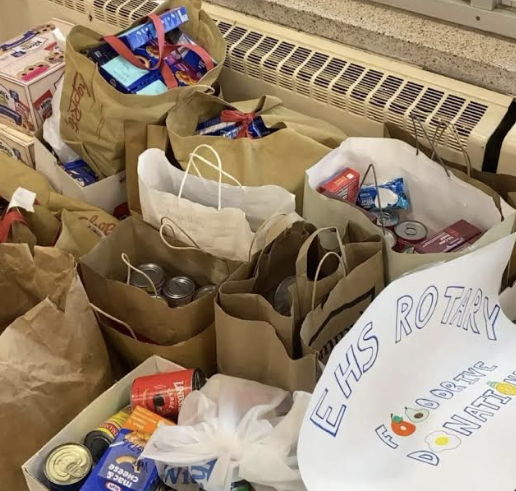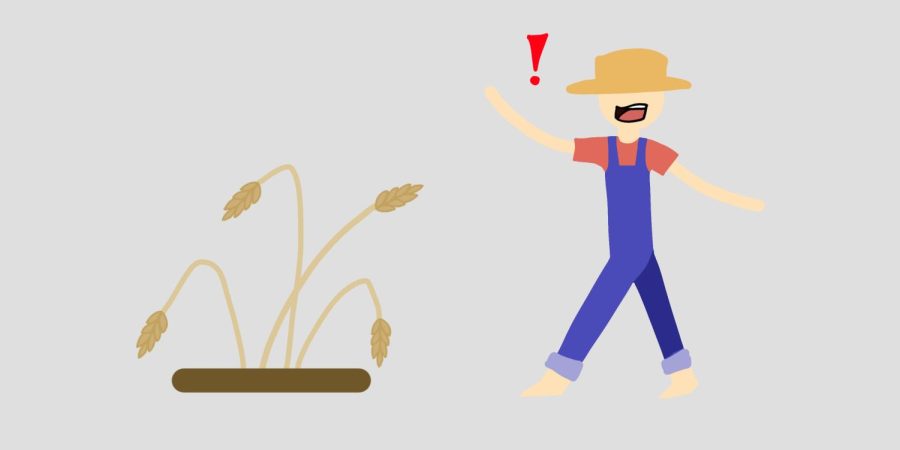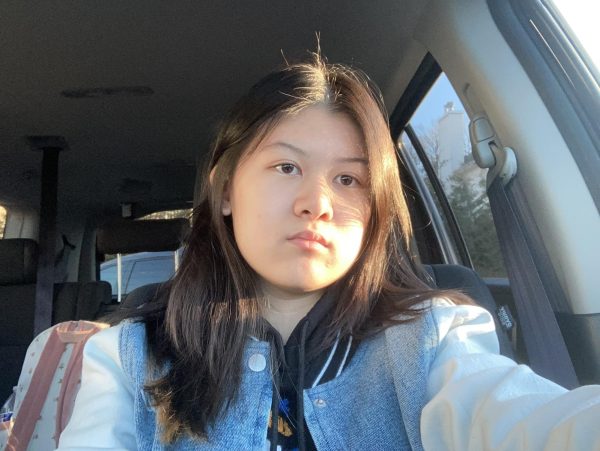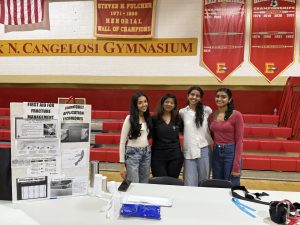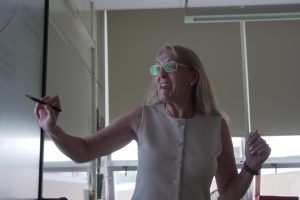Climate Change Threatens Fresh Food Supply
IF YOU DON’T LIKE VEGETABLES, THIS MAY BE GREAT NEWS TO YOU.
As climate change becomes a more significant problem, farming becomes more difficult.
April 28, 2022
Many of us have complained about eating vegetables when we were younger. Some vegetables had a strange taste, while others were simply too plain. While climate change was more controlled, purchasing healthier foods was easily accomplished—you would go to the store, choose some fruits and vegetables, and go on your merry way to cook and enjoy these nourishing foods.
Today, however, finding more affordable healthy food has become more difficult as climate change continues to develop.
More carbon dioxide in the air may seem beneficial to plants—they get more resources, and therefore thrive much better. According to Yale Climate Connections, however, since the Industrial Revolution, the carbon dioxide in the air has almost doubled. Extra carbon dioxide appears to be better; however, plants need a balance to properly grow.
The addition of carbon dioxide also warms the Earth, additionally disrupting the perfect growth balance. Many crops are not adapted to more extreme environments and temperatures, and at the speed climate change advances, these plants are not able to adapt quickly enough.
A lack of plants in our capitalist world leads to hiking up vegetable prices, creating a difficult situation for some.
“I think it’s quite sad that vegetables are becoming less accessible, but I believe this may encourage more people to grow their own produce in order to save money,” Sylvia Wu ‘25 says. Growing vegetables in a backyard or home is, in addition to saving money, more sustainable as well. The lack of fertilizer and pesticides, as well as processing and water waste, is beneficial to the environment.
With a diverse number of students in our school, a vast array of backgrounds and cultures come with it. This includes many religious and personal ideals about food, specifically vegetarianism and veganism, raising a question on what would happen to the people who depend on these foods if vegetables and healthy food become inaccessible.
“Accessibility is a huge issue in today’s society, and the implicit impacts of skyrocketing prices are only going to hinder people who are trying their best to eat healthier or pursue a different diet,” Prabha Krishna ‘25 stated.
Hopefully, climate change will be controlled enough for us to continue to have fresh fruits and vegetables for centuries to come.






